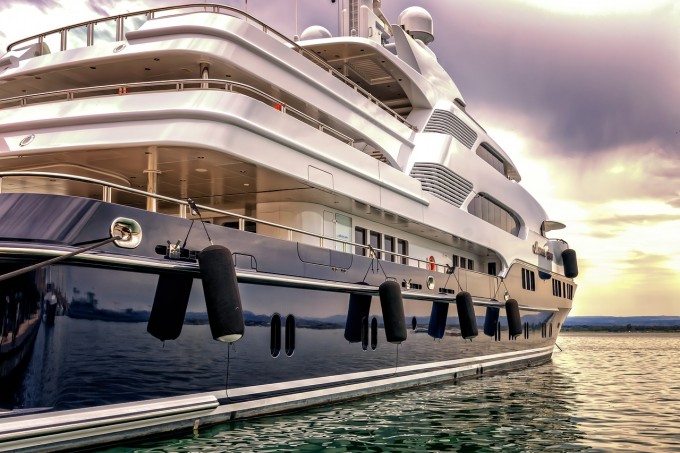Before setting your boat on the water for the boating season, it is vital to acquire boat insurance. Whether you are looking for a new boat policy or examining your current policy, you must ask your broker some crucial questions before purchasing boat insurance. Here are some of them.
1. How do boat insurance providers calculate their rates?
Just like any other insurance policy, be it automobile, life, or home insurance policies, determining rates and how much the policy will cost you is paramount. Boat insurance providers factor in a number of variables which include the age and value of the boat, the length of the boat, the experience of the driver, and even the speed of the boat.
2. Does the insurance provider need you to pay salvage costs?
The major reason for acquiring boat insurance is to cover perils such as storm damage or the sinking of your boat. You need assurance that when such calamities occur, your boat insurance policy has got you covered fully.
‘Salvage’ costs refer to expenses used to fetch your vessel from the bottom of the water or from your neighbor’s lawn. A good policy contains full and separate salvage costs during such scenarios which are subject to the ‘hull’ value. A bad policy only reimburses you for the loss of the boat, leaving you to pay for the salvage fees.
3. How involved will the insurance provider be in cases involving claims?
Insurance providers can either be ‘hands-on’ or ‘hands-off’ involved when it comes to claims. A ‘hands-on’ insurance company will organize for the rescuing and repairing of your boat in the case of an accident. On the other hand, a ‘hands-off’ insurance provider leaves you to do all the work, such as finding a crane or a truck service on your own and then reimburses the costs.
4. Does the policy have ‘consequential damage’ coverage?
Despite having coverage for big calamities such as hurricanes, your boat insurance policy should include losses such as fire, collision, demisting and so on. Such losses are known as ‘consequences.’ A good insurance policy should include ‘consequential damages’ to cater for such scenarios.
5. Does the insurance policy reward me?
According to Upside Insurance (upsideinsurancegreenville.com) good insurance policy gives you credit when you fail to claim your insurance policy for a certain period of time. Rewards such as reducing annual deductibles for each year you are claim-free or offering you discounts or savings for education or training programs are some of the benefits a good insurance policy should have. Some insurance policies on boats can also offer discounts for passing a safe boating course.
Conclusion
Stay safe this summer while on your boat by ensuring your boat insurance policy answers these five questions. Numerous insurance brokers fail to inform clients on such issues, as they are simply looking to close the deal. If your insurance broker is not able to give you satisfactory answers, it is time to consider a better policy. Knowing that you are adequately covered will give you peace of mind and will make your boating more enjoyable.

